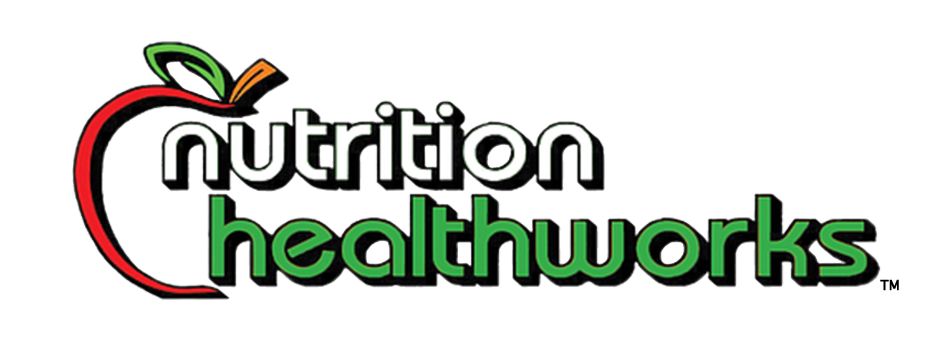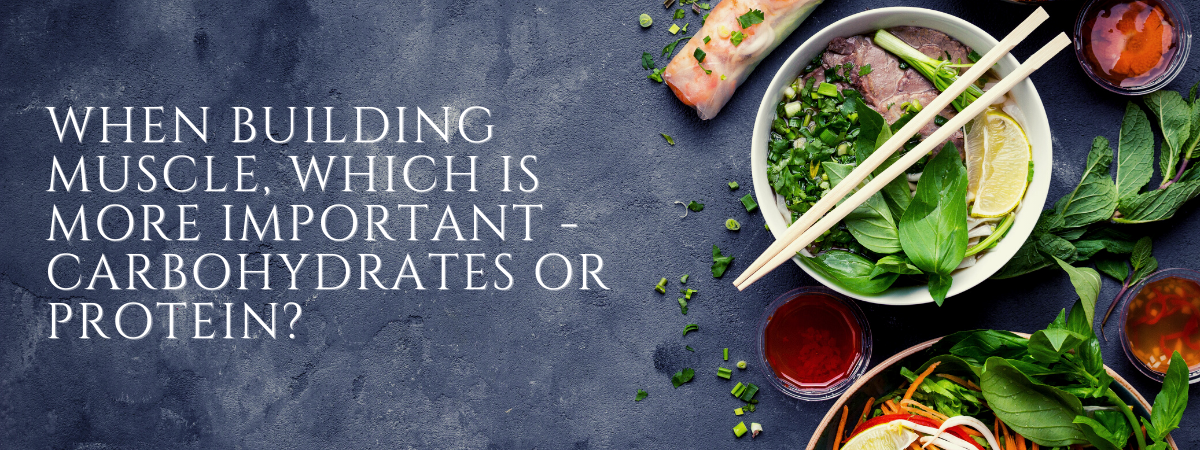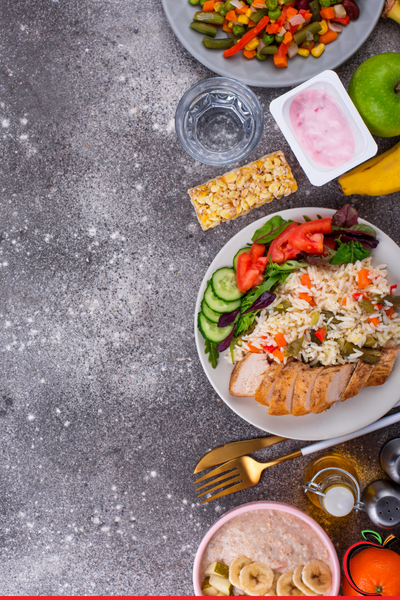Muscle Development Requires Both Carbs And Protein
Whether our goals are to get leaner, faster, or stronger, muscle development, also known as muscle hypertrophy, will always be at the forefront of how to achieve those goals. Nutrition and exercise go hand in hand – and for good reason! When we fuel appropriately pre-workout, during our workout (typically for longer and more vigorous activities), and post-workout, our bodies are nourished in the best possible way to support our health goals. Our athletic performance is optimized, recovery is much faster, and we see measurable improvements in stamina. endurance, and overall capacity.
Let’s talk about muscle growth. One of the most prevalent misconceptions about building muscle is focusing solely on protein, all the time. While protein is a very important macronutrient that helps support the muscle development process, carbohydrates are also a critical piece of the puzzle. One is not more important than the other. Surprised? The answer to the question “When building muscle, which is more important – carbohydrates or protein?” is BOTH!
Let’s take an In-Depth Look
Time to dive a little deeper. Metabolically, our bodies require ATP (adenosine triphosphate) in a continuous supply in order to fuel our daily activities, including exercise/physical activity. This form of energy can be produced in a variety of pathways using each of the three macronutrients (carbohydrates, protein, and fat). The intensity and duration of the exercise determine how the energy is produced and in what capacity.
Carbohydrates are our body’s preferred source of energy and have been shown to delay muscle breakdown when consumed before and after physical activity. When we eat carbohydrate-containing food, our GI system breaks it down into a molecule known as glucose, which provides the energy needed to move our bodies. If we don’t need the glucose right then and there, our bodies store the extra carbohydrates as glycogen in our skeletal muscles and liver. Protein is key to setting the foundation for muscle growth, but carbohydrate intake enhances this process. Examples of carbohydrates include whole grains, fruits, vegetables, and dairy products.
Proteins Role in Muscle Development
Protein provides energy just as carbohydrates do, but its significant role is the building blocks of our bodies’ cells. Without protein, we wouldn’t be able to build and repair the cells that make us, us! Protein is made up of compounds known as amino acids. Our bodies can create some amino acids, known as non-essential amino acids, and we have to consume other amino acids that our bodies cannot make, known as essential amino acids. Sources of protein include animal sources, such as poultry, beef, pork, fish, and eggs, along with plant sources, such as beans, lentils, nuts, and seeds.
Our Advice For building Muscle is to Include A Mix of Both, Carbs and Protein In your Diet.
The best way to achieve maximum muscle gains is to include both carbohydrates and protein into your diet, combined with a workout regimen emphasizing resistance/strength training and moderate cardio. Good luck!
If you have specific questions relating to your individual nutrition needs, please contact us to schedule a session with a registered dietitian! We are a team of highly trained sports nutrition professionals here to help you reach your health goals – including muscle growth.

Olivia Chadwick
MS, RD, LDN
She has a passion for working with vulnerable populations, including older adults, those with special needs, low-income families, individuals with food allergies/intolerances, those with autoimmune conditions, and college students.. READ MORE
Sources:
- https://nutritionhealthworks.com/nutrition-blog/pre-and-post-workout-nutrition/
- https://www.livestrong.com/article/449966-which-is-better-to-build-muscle-mass-carbs-or-protein/


